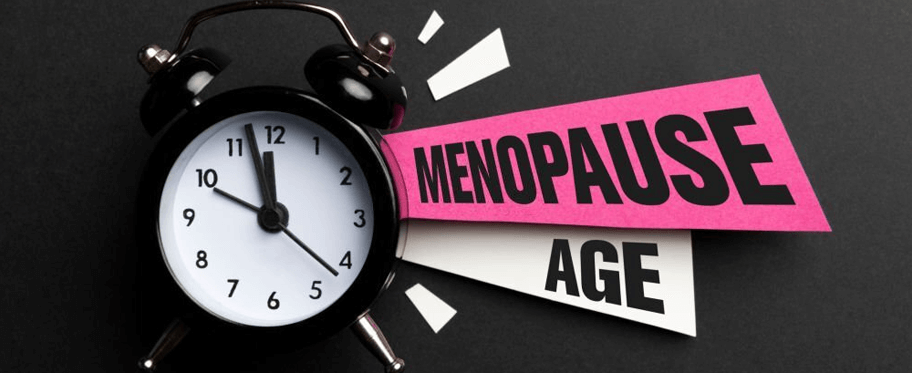
Infertility Due to Early Menopause
Menopause is a stage in life when you no longer can get pregnant. The average woman or person assigned female at birth (AFAB) goes through natural menopause in their early 50s. Premature menopause happens to women and people AFAB before age 40 and early menopause happens before age 45. The symptoms for these conditions are similar to natural menopause and the causes are often unknown.
What is early menopause?
Premature menopause and early menopause are conditions where a woman or person assigned female at birth (AFAB) goes through menopause at an earlier age than is typically expected. Menopause is the point in a person’s life when their menstrual periods end. Natural menopause typically happens around age 51. Once you’ve gone 12 straight months without a period, you’ve gone through menopause.
What is the difference between premature menopause and early menopause?
The difference between premature menopause and early menopause is when it happens. Menopause isn’t a process, rather it’s a point in time where menstruation ends.
- Early menopause is when menopause happens before age 45.
- Premature menopause is when menopause happens before age 40.
What is the difference between premature menopause and premature ovarian failure?
Premature menopause isn’t the same as premature ovarian failure, although some people use the terms interchangeably. Healthcare providers now refer to premature ovarian failure as primary ovarian insufficiency (POI).
POI is a condition where your periods stop suddenly and spontaneously, either early or prematurely. POI isn’t the same as premature or early menopause, because with POI, there’s a chance your period will come back. People with POI may still ovulate, menstruate or become pregnant. With early or premature menopause, you don’t ovulate or menstruate, and you lose the ability to get pregnant.
What causes early and premature menopause?
Many of the causes of premature menopause can also be causes of early menopause. Some of these reasons include cancer treatment, surgery or certain health conditions. But, sometimes, the cause is unknown. Anything that damages your ovaries or stops your body from making estrogen can cause menopause. Early and premature menopause also share many of the same symptoms as menopause.
Some causes of early or premature menopause are:
- Surgery that removes your ovaries.
- Surgery that removes your uterus (hysterectomy).
- Family history of menopause at an early age.
- Getting your first period before age 11.
- Chromosomal abnormalities like Fragile X or Turner’s syndrome.
- Autoimmune diseases like rheumatoid arthritis, Crohn’s disease or thyroid disease.
- Smoking cigarettes.
- Myalgic encephalomyelitis/chronic fatigue syndrome (ME/CFS).
- Having HIV or AIDS.
- Infections like mumps.
Sometimes there’s no cause of early or premature menopause. This is the case in up to 50% of people.
SYMPTOMS OF EARLY MENOPAUSE
Estrogen deficiency, primary insufficiency and menopause share similar symptoms:
- Decreased sexual desire
- Difficulty getting pregnant
- Dry eyes
- Hot flashes
- Irregular or skipped periods
- Irritability
- Night sweats
- Vaginal dryness
If you miss your period for three months or more, you should see your doctor. There are various reasons you may miss periods; finding the cause is important, especially if you expect to get pregnant at some time. Missed periods due to early menopause can lead to infertility. Diagnosing the issue early may increase your options for pregnancy.
EARLY DIAGNOSIS
The best chance for becoming pregnant for patients with early menopause is when the condition first begins. The earlier it can be diagnosed, the more likely fertility treatments will be successful. Even relatively young women can experience diminished ovarian reserves.
Pregnancy and Early Menopause
Since early menopause means the cessation of the menstrual cycle, pregnancy is not likely. Fortunately, with the help of in vitro fertilization (IVF), a woman who experiences this condition may still have an opportunity to become pregnant. Donor eggs will be required, but the chances of carrying a baby are still relatively good. IVF with donor eggs has a high success rate compared to other fertility treatments.
Chawla Nursing Home provides you with options when you are having trouble conceiving. Contact our office, and schedule a consultation appointment with one of our fertility specialists to discover your options for starting a family.
Schedule An Appointment
Get your Appointment Confirm with us Easily


